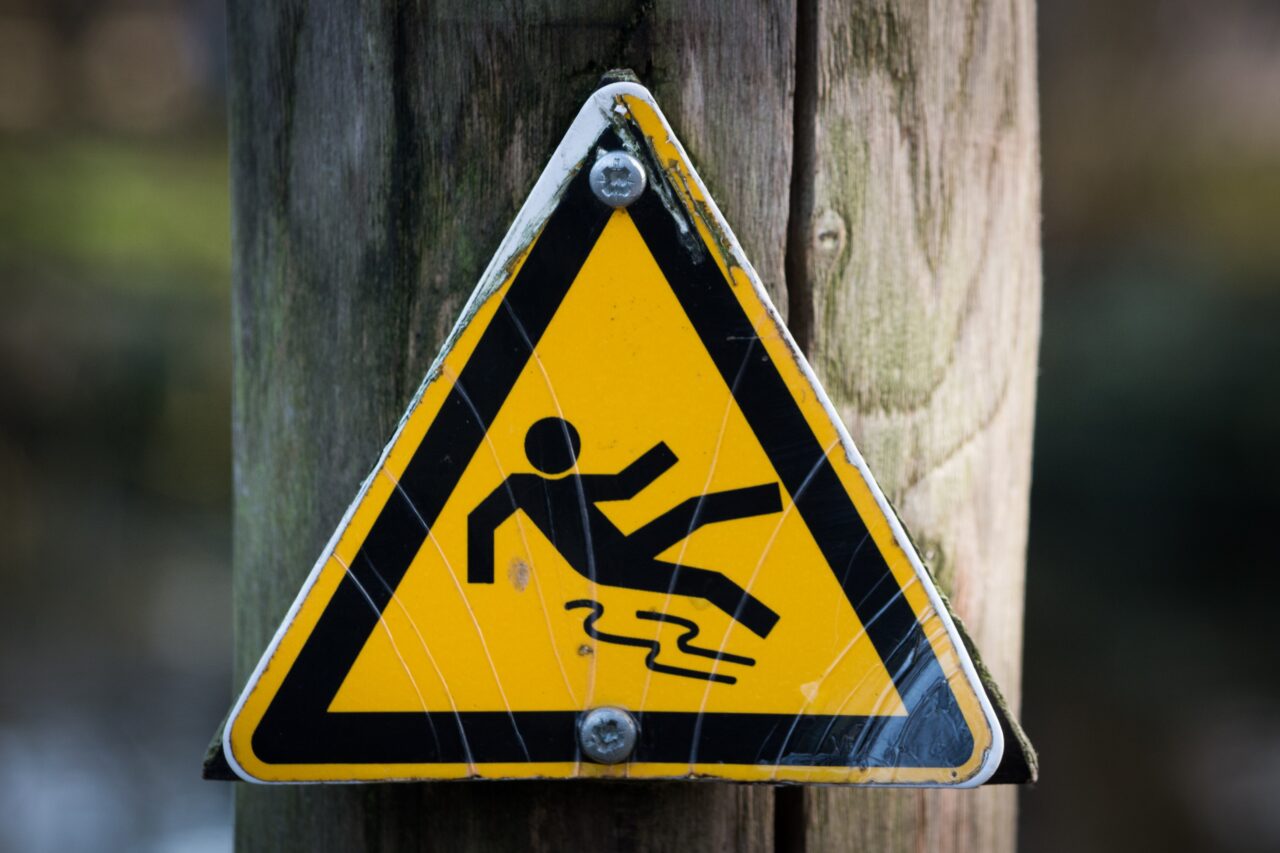What’s the Deadline to File a Personal Injury Lawsuit?
In this post, we’ll discuss how a personal injury statute of limitations works and provide details on the personal injury lawsuit filing deadline in your state.
What Is A Statute of Limitations?
A statute of limitations is a law that puts a strict time limit on your right to have a court consider any kind of civil lawsuit. Each state — as well as the federal government — sets their own deadlines for different types of cases.
In any given state, the same statute of limitations will usually apply to most personal injury lawsuits, or to most cases in which the basis for liability is the personal injury law concept of negligence. That includes lawsuits for injuries from car accidents, slip and fall incidents, dog bites, and more. Keep in mind, however, that a single lawsuit can contain multiple claims (or causes of action) that might be subject to different deadlines.
You might sue an at-fault driver after a car accident and bring one cause of action for personal injury (physical harm to you) and another for property loss (damage to your vehicle). Depending on which state you reside in, different statutes of limitations might apply to these two claims. In Illinois, for example, you’d have two years to file a lawsuit over your injuries, but five years to sue over damage to your vehicle.

When Does The Clock Start On A Personal Injury Statute of Limitations?
The “clock” typically starts running on the day of the accident or injury upon which the lawsuit is based. But in some states, and in certain situations, if you didn’t discover that you were harmed right away, the clock might not start until your injury becomes apparent to you (or should have become apparent to you, in the eyes of the law).
Whatever the specific deadline that applies to your case, if you don’t go to court and get your case started before the deadline passes, you’ll likely lose your legal right to bring a lawsuit over the incident.
Have you been in an accident and worried about your statute of limitations deadline? Call Rocky Mountain Personal Injury Lawyers to talk to us about your case and options.
Lawsuits Versus Insurance Claims: What’s The Difference?
A statute of limitations deadline only applies to the filing of a lawsuit in court, not to insurance claim negotiations.
With most injury cases, some sort of insurance policy applies to the underlying accident, and the insurance claim process often precedes the filing of a lawsuit. Most personal injury cases settle out of court, but it’s still important to leave yourself plenty of time to turn to the court system — not merely for leverage during settlement negotiations, but to preserve your rights and your options if settlement talks break down.
Are There Exceptions to the Statute of Limitations Deadline?
In every state, special circumstances can extend the statute of limitations filing deadline (or mandate the use of a different deadline altogether), including personal injury cases in which:
- The injured person was a minor,
- The injured person was mentally incapacitated, or
- The defendant (the person being sued) left the state for a certain amount of time after the accident.
What Is The Personal Injury Statute of Limitations in Colorado?
In Colorado, you have two years to file a lawsuit after an injury, although if the accident involved a vehicle, that time period is extended to three years. If you don’t file your case within this period, you may be barred from bringing it to court at all.
In most injury cases, this time limit starts running on the date of the accident or whatever caused your injury. In a few cases, however, the injured person may not be able to tell right away that harm was actually suffered. In these cases, the deadline may run from the “discovery date” of the injury, instead of the accident date.
Have you been in an accident or injured in Colorado and you’re worried about your statute of limitations deadline? Call Rocky Mountain Personal Injury Lawyers to talk to us about your case and options.
Personal Injury Statutes of Limitations by State
Below, we’ve included the current statute of limitations deadlines by state. Keep in mind that laws like these can always change, and make sure to consult a personal injury attorney for a clear understanding of the deadlines and procedures relating to your potential case.


